
NO&T Dispute Resolution Update
NO&T Asia Legal Review
In 2023, the Singapore Courts rendered a number of rule-setting decisions that cryptoassets could be considered ‘property’. These judgments provide assurance to cryptoasset owners that their interests are protected by proprietary rights.
However, while it is now clearer that cryptoasset owners can exercise proprietary rights in respect of their cryptoassets in general, the next question that arises is: How will cryptoasset owners know whether they can take advantage of such protections in the Singapore courts? The General Division of the Singapore High Court addressed this question for the first time in Cheong Jun Yoong v Three Arrows Capital Ltd and others [2024] SGHC 21 (“Three Arrows”).
For a property owner to enforce its property rights, the Singapore court must have jurisdiction over the defendant to make a binding decision. Generally, the Court will have jurisdiction if the defendant has been served with the relevant originating papers in a legally permissible manner. If the defendant is within Singapore, a plaintiff is entitled to serve originating papers on him.
However, if the defendant is overseas, generally service is allowed only if Singapore is the appropriate forum to hear the dispute.※1 Where the claim relates to property, Singapore would be the appropriate forum for an owner to exercise their proprietary rights if the property is “situated in Singapore”.※2 While this may be easily determinable for tangible property, the location of cryptoassets, which are intangible and hosted online via blockchain, is much less clear.
In Three Arrows, the Court was concerned with this precise question of where cryptoassets could be “situated”.
In Three Arrows, the plaintiff, a portfolio manager working for the defendant investment fund incorporated in the BVI, wished to set up an independent fund for the cryptocurrency-related investments he was managing for himself and friends. The parties agreed that a standalone portfolio for those investments would be set up on the defendant’s platform, and the assets in this fund would be within the plaintiff’s full control (“DC Assets”). Subsequently, the defendant went into liquidation in the BVI, and a question arose over whether the DC Assets could be considered the defendant’s property, and thus subject to the liquidation.
The plaintiff commenced proceedings in Singapore against the defendant, claiming that the defendant held the DC Assets held on trust for the plaintiff. The Court allowed the plaintiff’s application to serve the originating papers on the defendant overseas. The defendant applied to set aside the service order, arguing that Singapore was not the appropriate forum to hear the dispute. Among other reasons, the defendant argued that the DC Assets should not be considered to be located in Singapore as there the law on where cryptoassets are located was uncertain.
The Court held that in the absence of a physical location, a cryptoasset is “located” in the place where it is controlled. This is because a cryptoasset, having no physical presence and being recorded on the blockchain, “best manifests itself through the exercise of control over it”.※3
Having set out this general principle, two questions arise:
On the first question, the Court noted that the owner of a cryptoasset possesses (i) a public address which functions like a bank account number and (ii) a private key which is mathematically linked to the public address and cannot be changed. To transfer a cryptoasset, both the public address and private key are required. The Court therefore held that the controller of a cryptoasset is the person who controls the private key to it.※4
On the second question, the Court held that the location of the cryptoasset’s controller is the country they are resident in. If the controller is an individual, his residence is the place in which he is ordinarily resident; if the controller is a company, its residence is where the central management and control of its business is exercised.※5
Applying the above principles, the Court held that plaintiff, who was resident in Singapore, controlled the private keys to the DC Assets, and therefore the DC Assets were located in Singapore. Singapore was thus the appropriate forum, and the setting-aside application was dismissed.
Under common law, the approach or test as to where cryptoassets are “located” has been inconsistent, with various English court decisions taking different positions.※6 The Court in Three Arrows considered these differing positions, and laid down a clear pronouncement that the applicable test in Singapore should be where the controller of the private key to the cryptoassets resides. This decision brings further clarity and certainty to cryptoassets owners as to the circumstances under which they can enforce their proprietary rights before the Singapore courts to protect their cryptoassets.
*1
Rules of Court 2021, O. 8 r. 1(2)(a). O. 8, r. 1(3) of the Rules of Court 2021 dispenses with such requirement where the parties’ contract allows for service out of jurisdiction.
*2
Supreme Court Practice Directions 2021, para. 63(3)(i).
*3
Three Arrows at [60].
*4
Three Arrows at [61].
*5
The Court at [65] drew a distinction between the concepts of “residence” and “domicile”, as some of the cases decided on this topic in English courts considered the relevant test to be where the controller is domiciled. This distinction was necessary as sometimes a party’s residence and domicile may differ: (1) an individual’s domicile is his place of birth or permanent residence; and (2) a company’s domicile is the place of its incorporation.
*6
Three Arrows at [54]-[55].
This newsletter is given as general information for reference purposes only and therefore does not constitute our firm’s legal advice. Any opinion stated in this newsletter is a personal view of the author(s) and not our firm’s official view. For any specific matter or legal issue, please do not rely on this newsletter but make sure to consult a legal adviser. We would be delighted to answer your questions, if any.
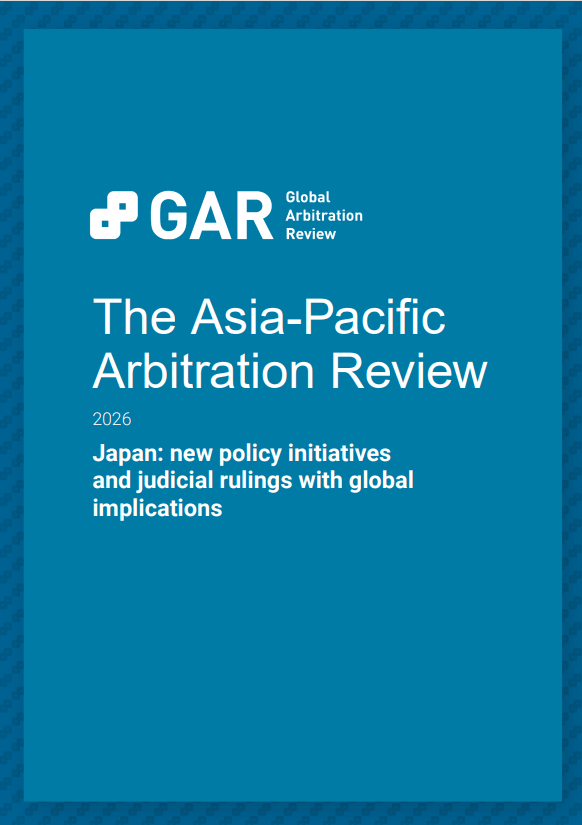

(May 2025)
Yoshimi Ohara, Shota Toda, Annia Hsu (Co-author)


Patricia O. Ko


Hiroki Tajima
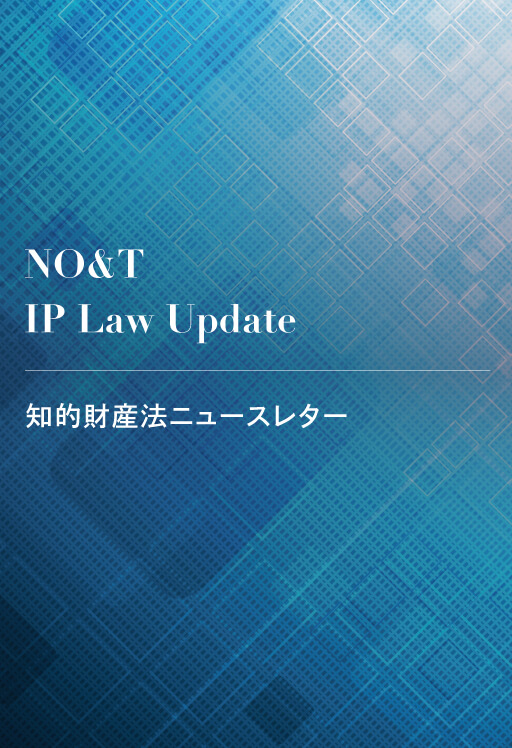

Kenji Tosaki, Takahito Hirayama (Co-author)


Hiroki Tajima


(February 2025)
Koki Yanagisawa, Hiroyuki Ebisawa (Co-author)


Kara Quek, Kennosuke Muro (Co-author)


Annia Hsu, Kennosuke Muro (Co-author)
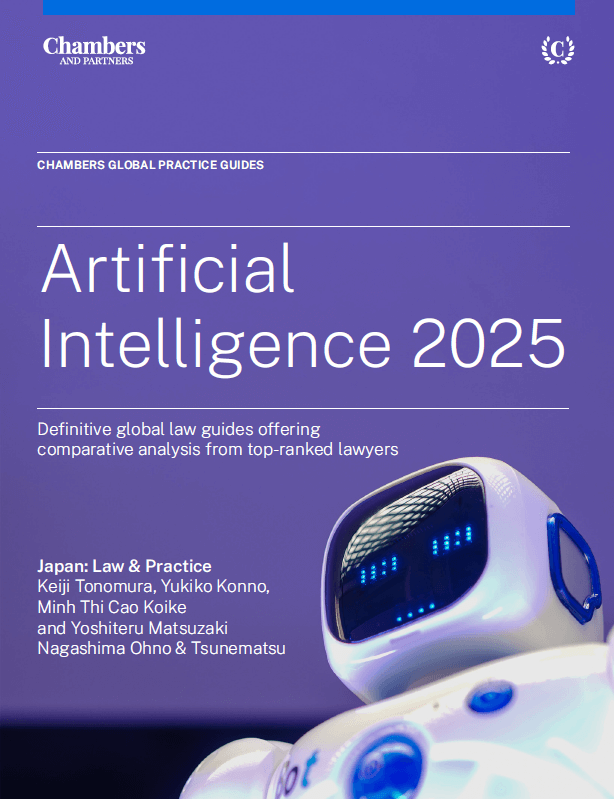

(June 2025)
Keiji Tonomura, Yukiko Konno, Minh Thi Cao Koike, Yoshiteru Matsuzaki (Co-author), Masahiro Kondo (Contributor)


(April 2025)
Keiji Tonomura, Akira Komatsu (Co-author)
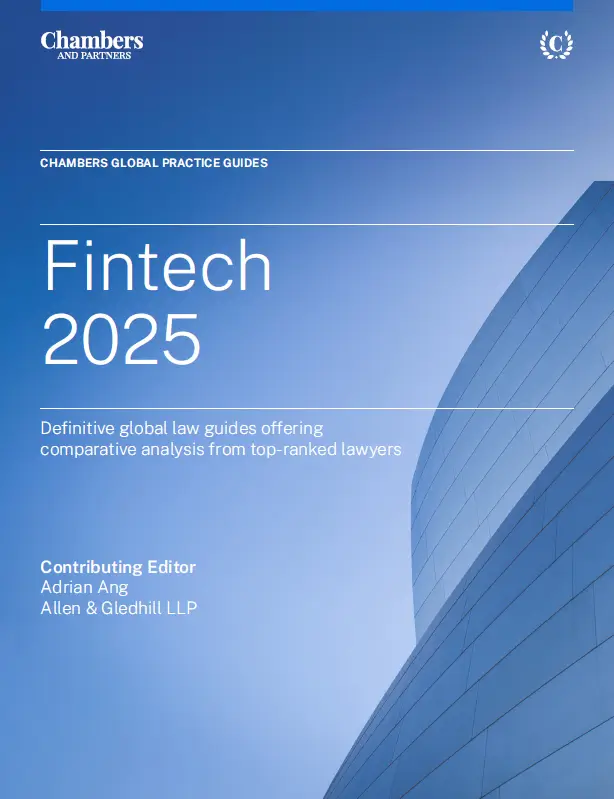

(April 2025)
Keiji Tonomura, Shu Sasaki, Kazuyuki Ohno, Otoki Shimizu (Co-author)


Poonyisa Sornchangwat, Kwanchanok Jantakram (Co-author)


Takehito Matsumoto
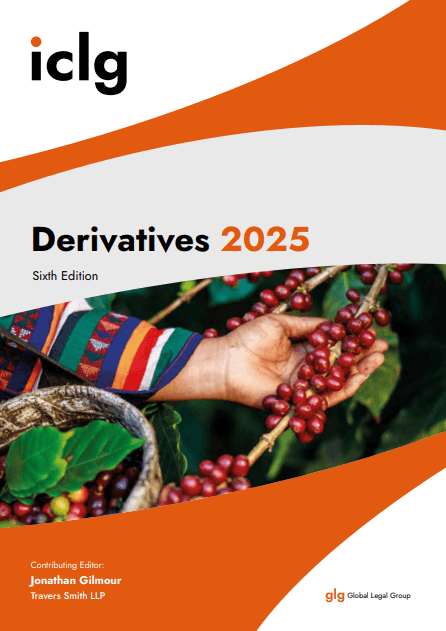

(June 2025)
Ichiro Oya, Masayuki Fukuda, Hideaki Suda, Tsutomu Endo (Co-author)
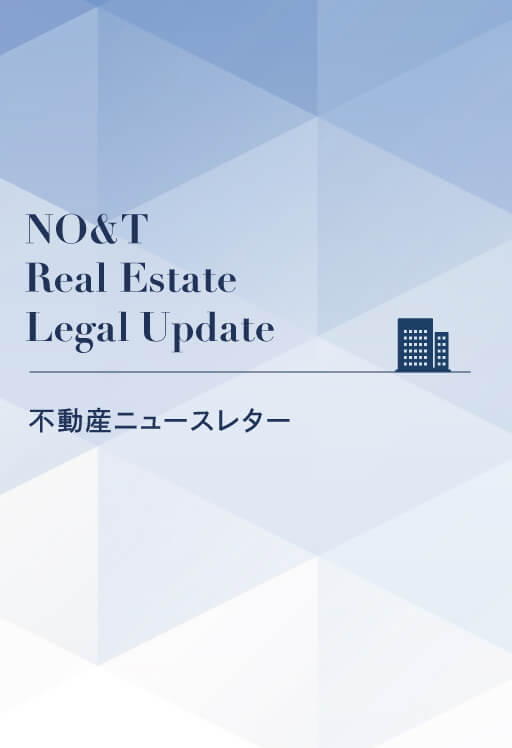

Takashi Itokawa, Takahiro Kitagawa (Co-author)
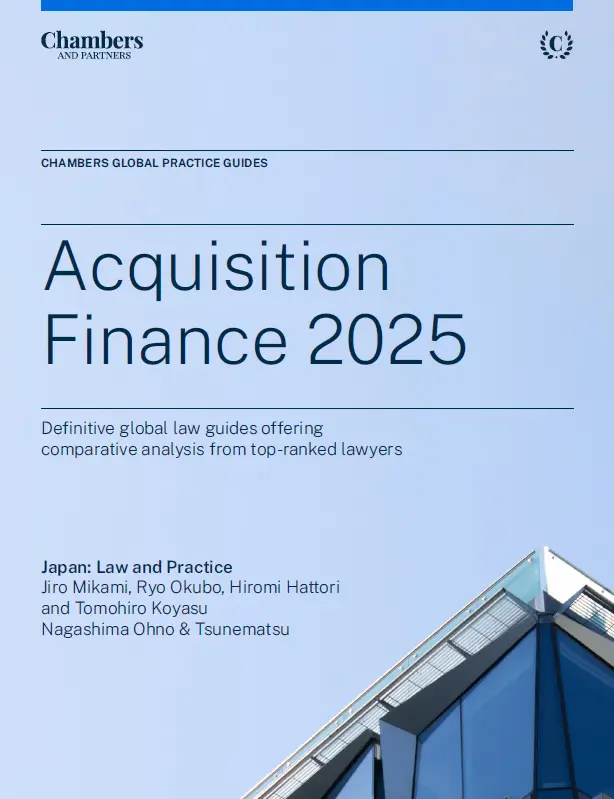

(May 2025)
Jiro Mikami, Ryo Okubo, Hiromi Hattori, Tomohiro Koyasu (Co-author)


(April 2025)
Keiji Tonomura, Shu Sasaki, Kazuyuki Ohno, Otoki Shimizu (Co-author)


Yuan Yao Lee
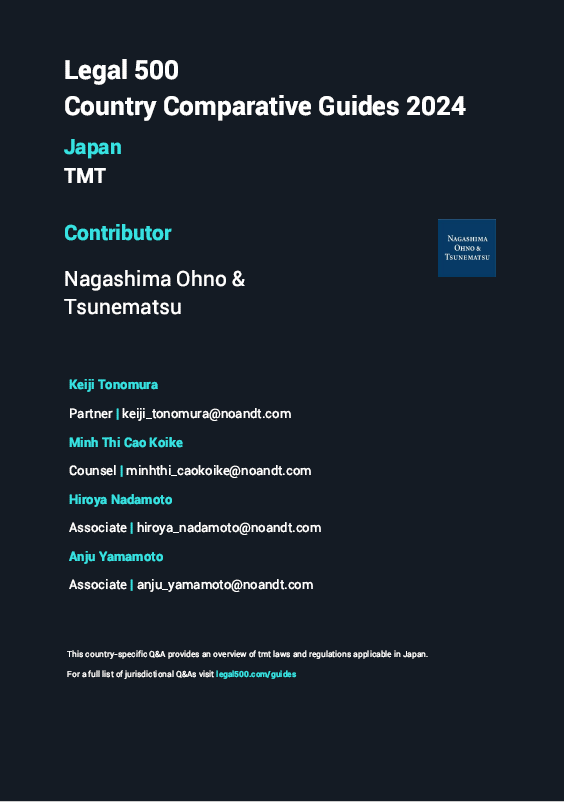

(August 2024)
Keiji Tonomura, Minh Thi Cao Koike, Hiroya Nadamoto, Anju Yamamoto (Co-author)
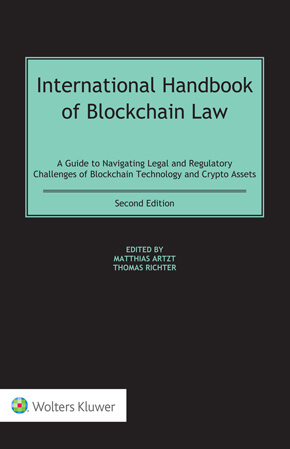

Wolters Kluwer (August 2024)
Takashi Itokawa (Co-author)


Patricia O. Ko


Ngoc Hoang


Yuan Yao Lee


Chattong Sunthorn-opas, Thunsinee Sungmongkol (Co-author)


Patricia O. Ko


Ngoc Hoang


Yuan Yao Lee


Chattong Sunthorn-opas, Thunsinee Sungmongkol (Co-author)


Kara Quek, Kennosuke Muro (Co-author)


Annia Hsu, Kennosuke Muro (Co-author)


Claire Chong, Kennosuke Muro (Co-author)


Bertrice Hsu, Yuji Ibaraki (Co-author)